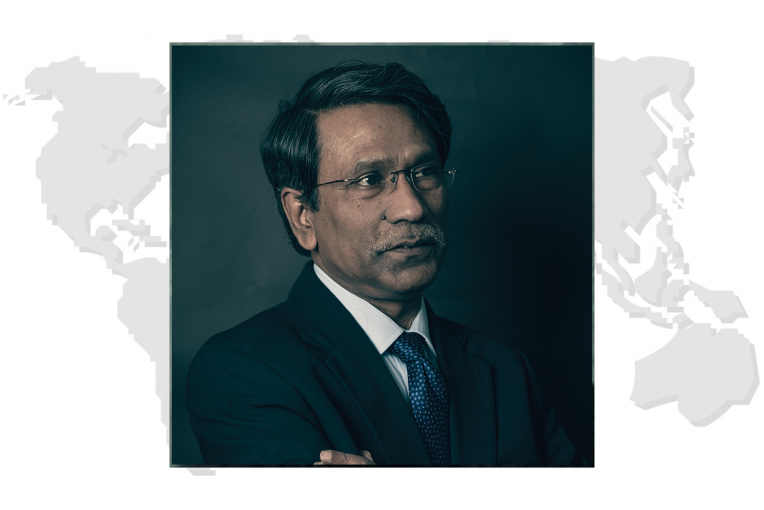International media turned to Distinguished Professor Dr. Ali Riaz to comment on the newly announced U.S. visa policy regarding Bangladesh.
Secretary of State of the United States Antony Blinken declared a new visa policy to support democracy in Bangladesh. The new policy would restrict visas to Bangladeshi citizens who undermine elections.
The move was intended to “support Bangladesh’s goal of holding free, fair and peaceful national elections,” Blinken said a statement. The policy would affect current or former officials, politicians, members of law enforcement agencies, the judiciary, and security services “believed to be responsible for, or complicit in, undermining the democratic election process in Bangladesh.”
Riaz told the German international broadcaster Deutsch Welle (DW) that through this measure the U.S. is sending a clear message to Bangladesh. He said, “It is not a punitive measure per se, but a warning that the U.S. may consider punitive measures, if needed.”
In an interview with Nikkei Asia, Riaz said that the move reflects American “exasperation with the present Bangladesh government.” “In the past year and a half, the U.S. has repeatedly communicated to the Bangladesh government that its behavior is not conducive to holding an acceptable election. That is what led to this new policy,” Riaz stated. He stressed that the visa restrictions alone would not restore democracy but could “boost the morale of the opposition” and even “restrain the government officials from wanton persecution of the opposition activists and provide some freedom of expression.”
Riaz was also quoted in a report of the BBC Bengali on the reasons behind the U.S. move. Highlighting the geopolitical aspect, Riaz said the U.S.-China rivalry in the Indo-Pacific region is a factor, “The U.S. wants Bangladesh to stand for a system with its people’s mandate—which is a democratic system.” Riaz was quoted in a new report of the Daily Star of Bangladesh, “It is a message to everybody that they need to get their acts right.” Riaz said it is also a message that the U.S. would not hesitate to impose sanctions against individuals or groups, and it means that the U.S. is watching the situation in Bangladesh closely.

